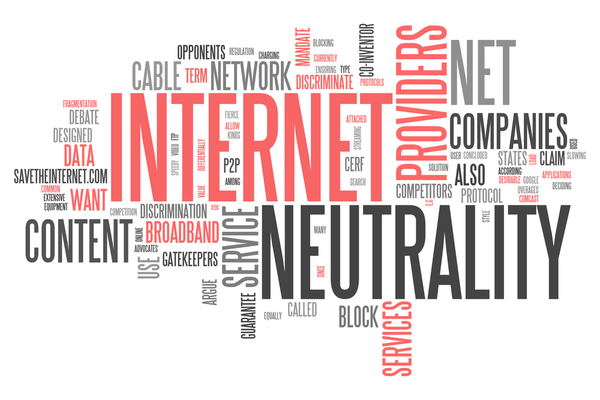The US Federal Communications Commission (FCC) has announced plans to reinstate landmark net neutrality rules meant to guarantee fair access to the internet and its information, five years after they were repealed by then-president Donald Trump in 2018.
As The Verge reports, previous net neutrality rules adopted in 2015 classified broadband service under public utility rules and prevented internet service providers from blocking websites, throttling traffic, or charging more for faster access to certain services. According to FCC Chair Jessica Rosenworcel, the commission is expected to conduct an initial vote on reinstating these rules next month during an October 19th meeting.
“Net neutrality is one of the most widely discussed issues in telecommunications policy,” Rosenworcel said in a speech announcing the decision at the National Press Club this week, although she said the debate often generated “more heat than light.” Rosenworcel condemned the Trump-era FCC’s decision to reverse the 2015 rules, particularly in light of access challenges highlighted by the pandemic. “Broadband is essential infrastructure for modern life. Access to the internet is now access to everything.”
The announcement follows Democrats taking majority control of the FCC on Monday after Anna Gomez was sworn in as a commissioner. The commission had previously been split 2 to 2 on partisan lines since President Joe Biden took office. Biden signed an executive order in July 2021 that contained several provisions relating to net neutrality, encouraging the FCC to reinstate Barack Obama-era rules in those areas.
The new proposal is meant to closely follow the 2015 rules, which a fact sheet from Rosenworcel’s office refers to as “successful.” In the years since their repeal, net neutrality has largely been a state-by-state issue, with individual states like California passing piecemeal rules in the absence of a federal law.
Even if the initial vote clears as expected, restoring net neutrality legislation is going to take some time. There will be subsequent votes, comments, and notices that follow, and the process could be held up by lawsuits if any of the impacted broadband providers want to challenge the decision. Verizon, AT&T, and Comcast have previously argued against net neutrality rules and claim that they don’t (and won’t) partake in the kinds of business practices that the legislation is designed to prevent.
—
Photo Credit: mindscanner / Shutterstock.com
